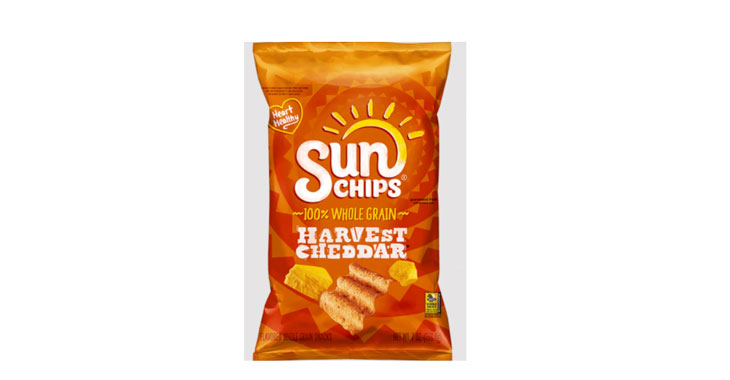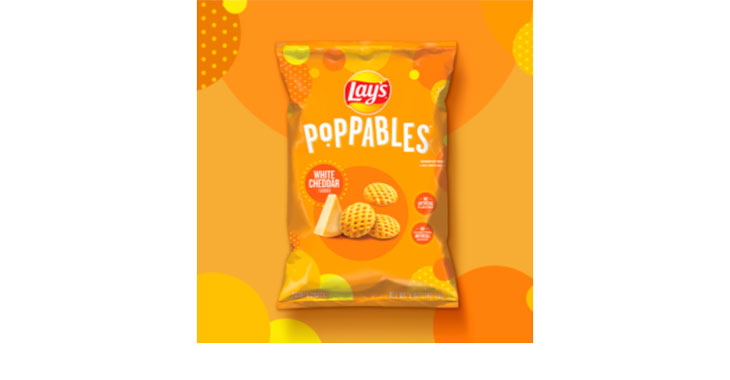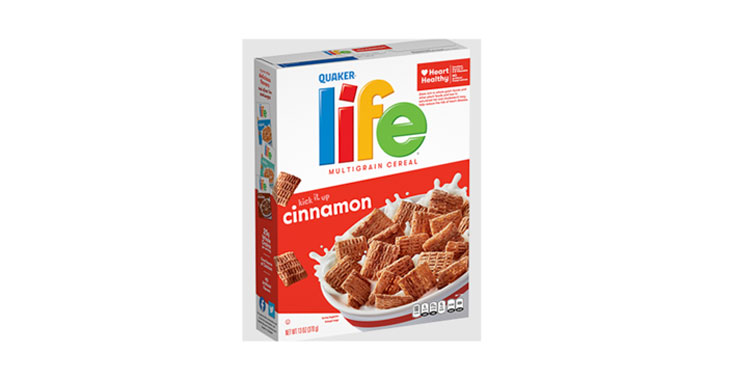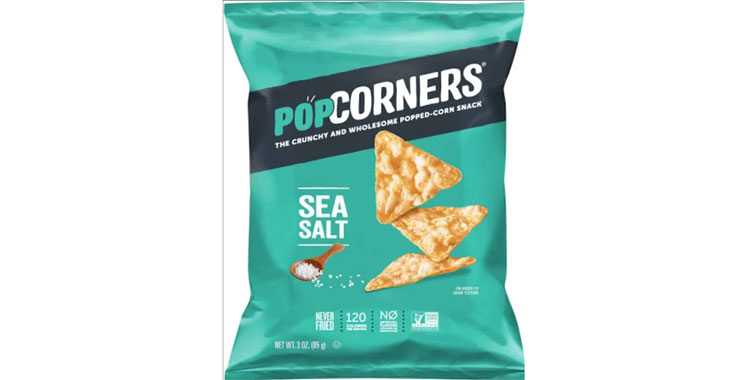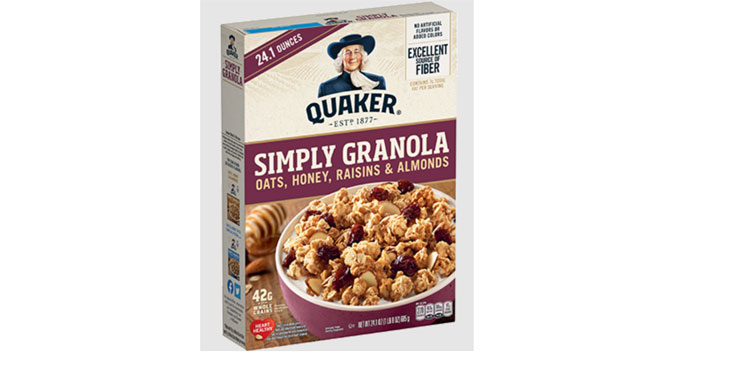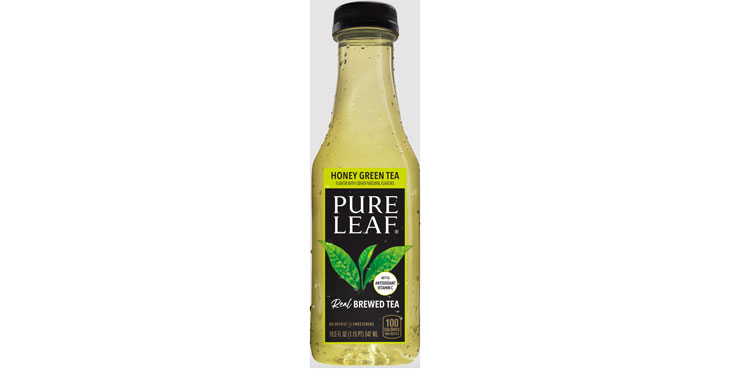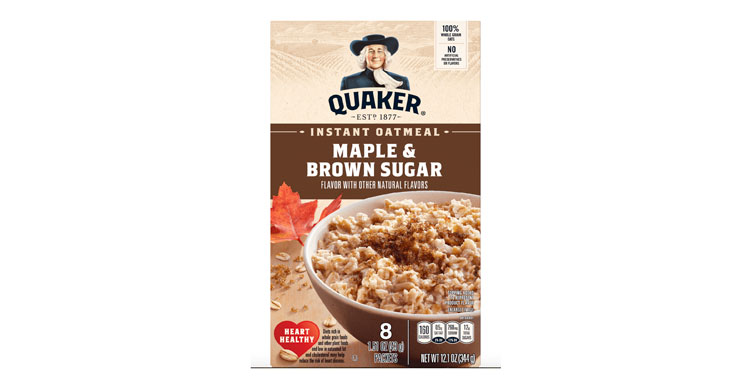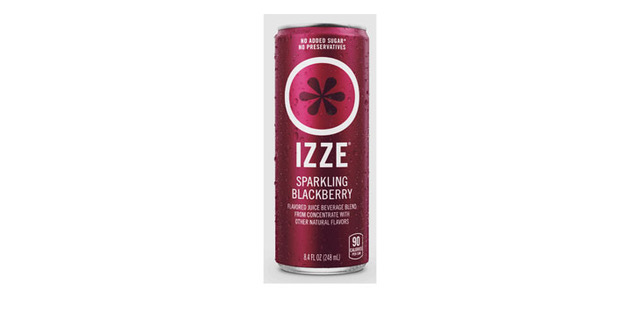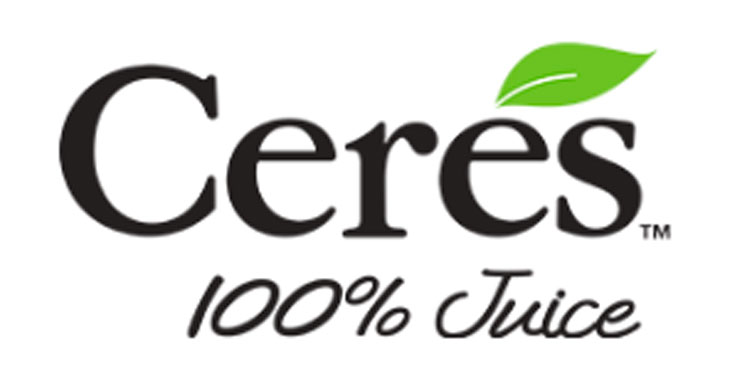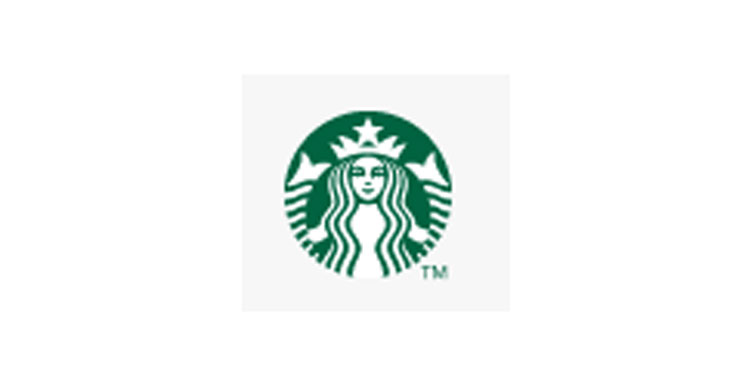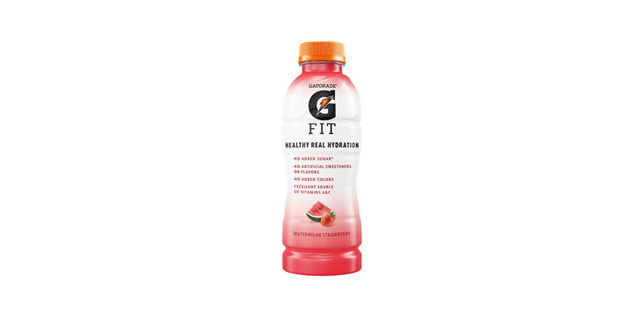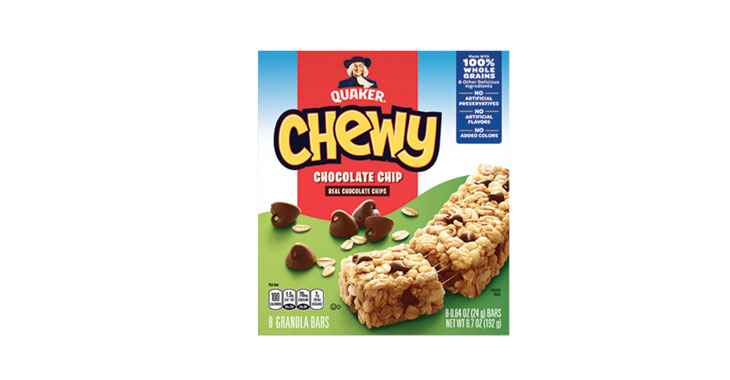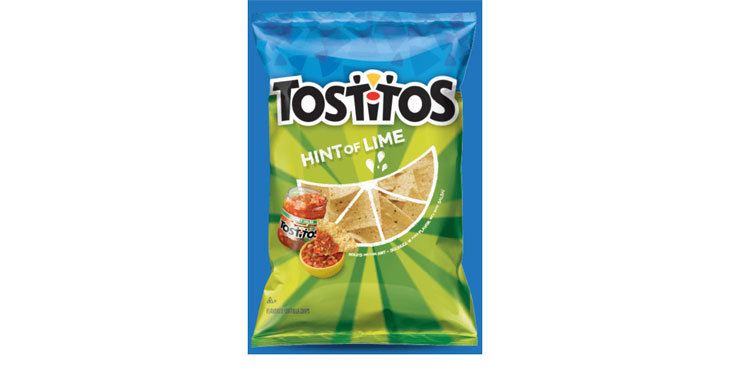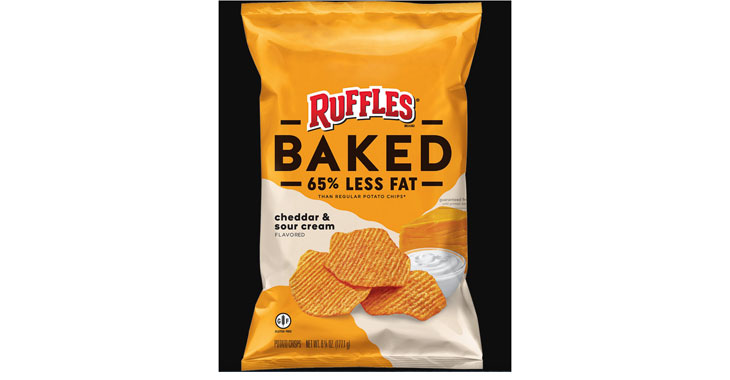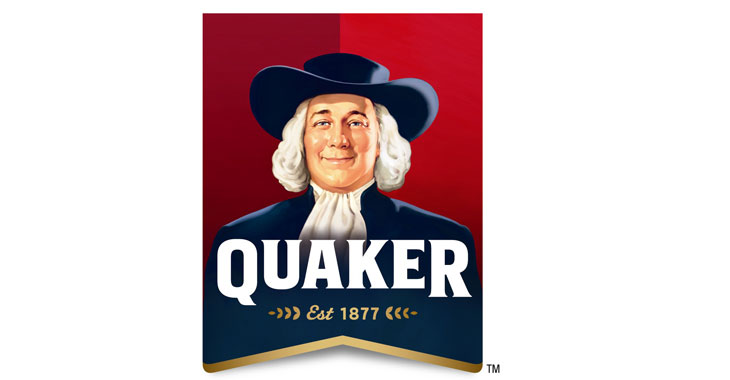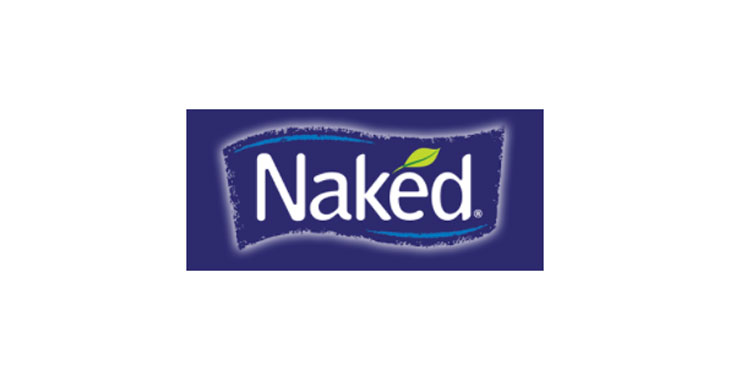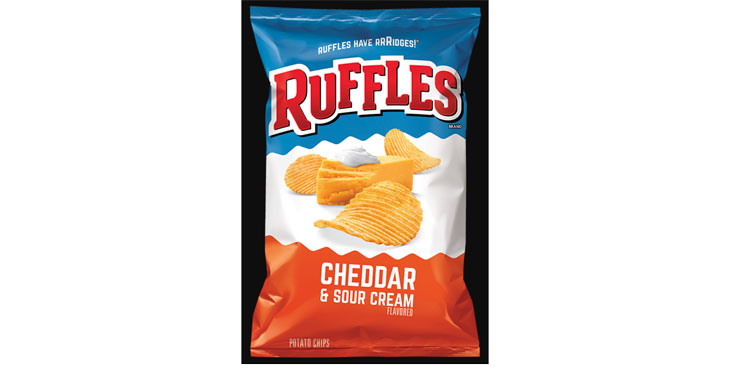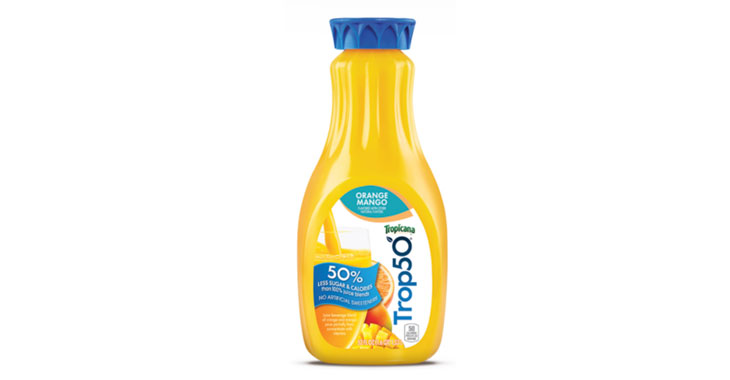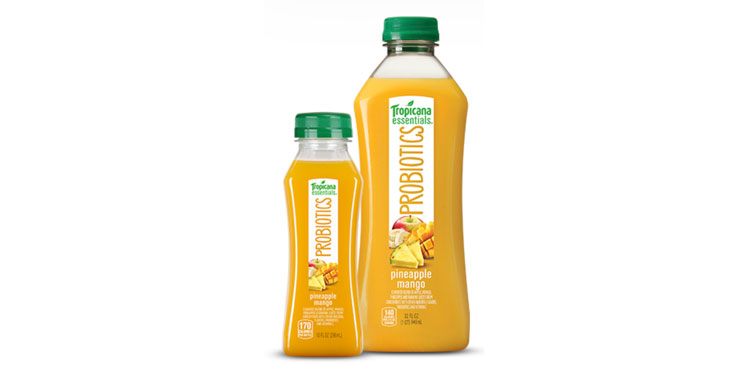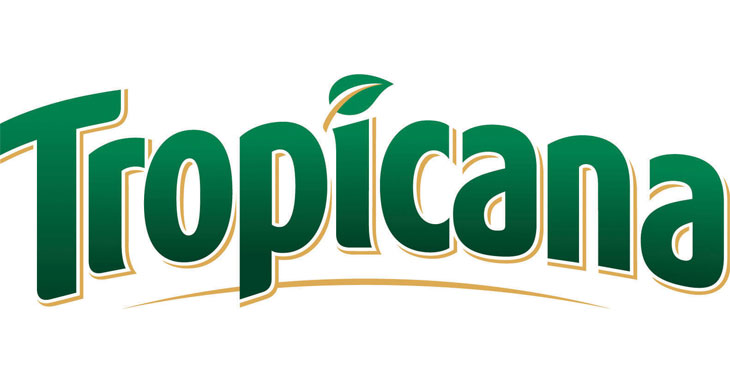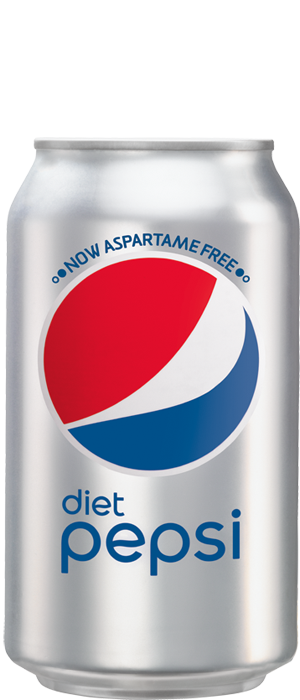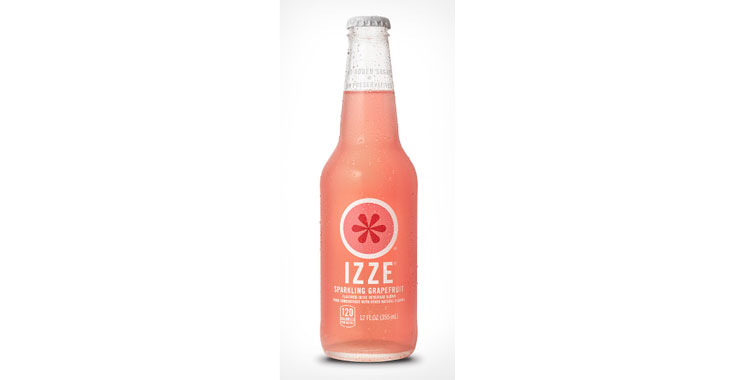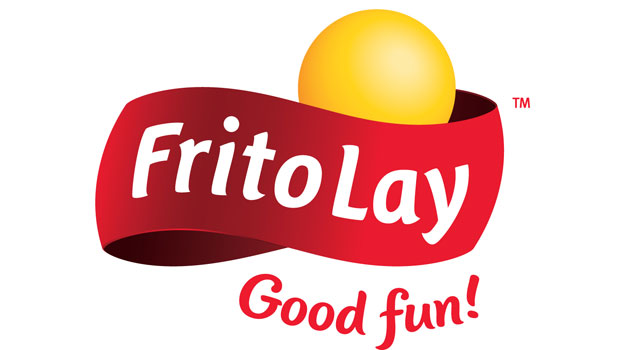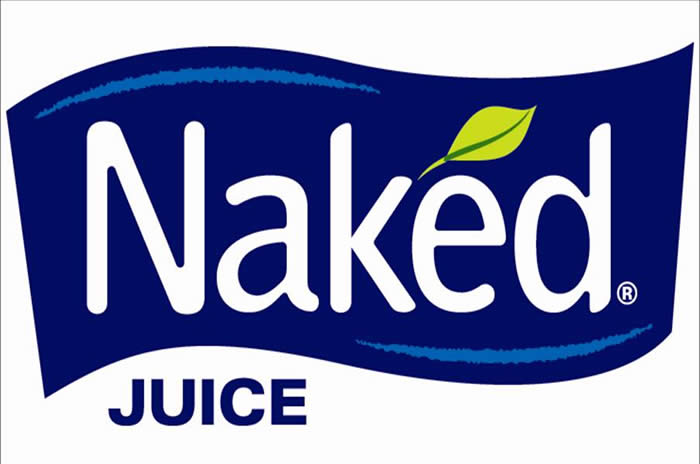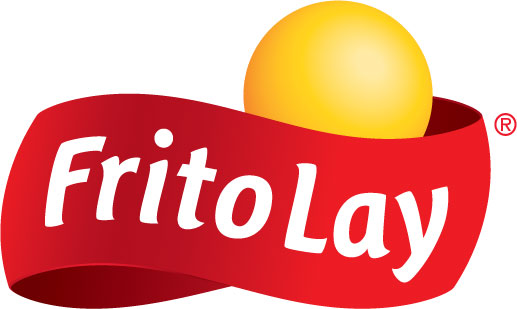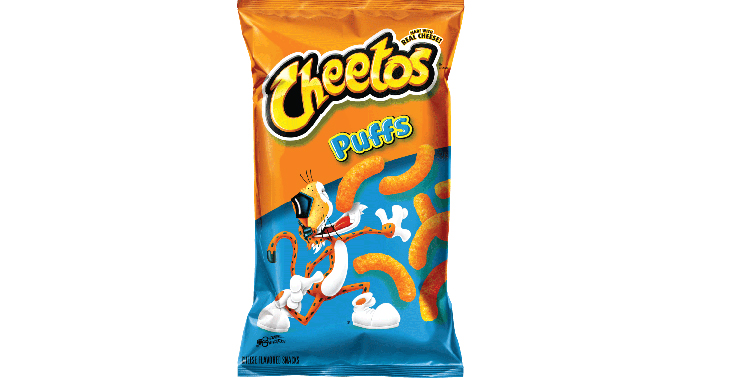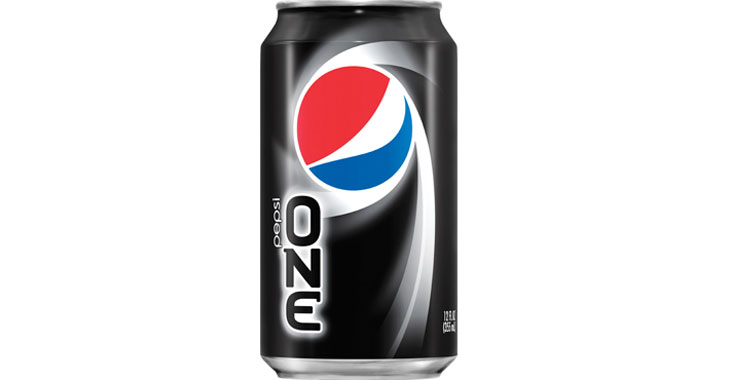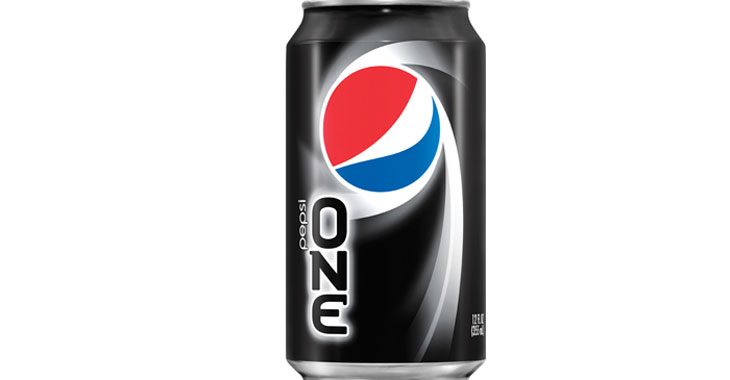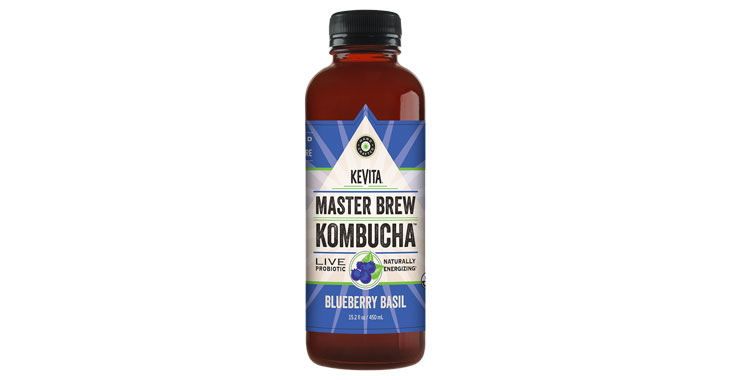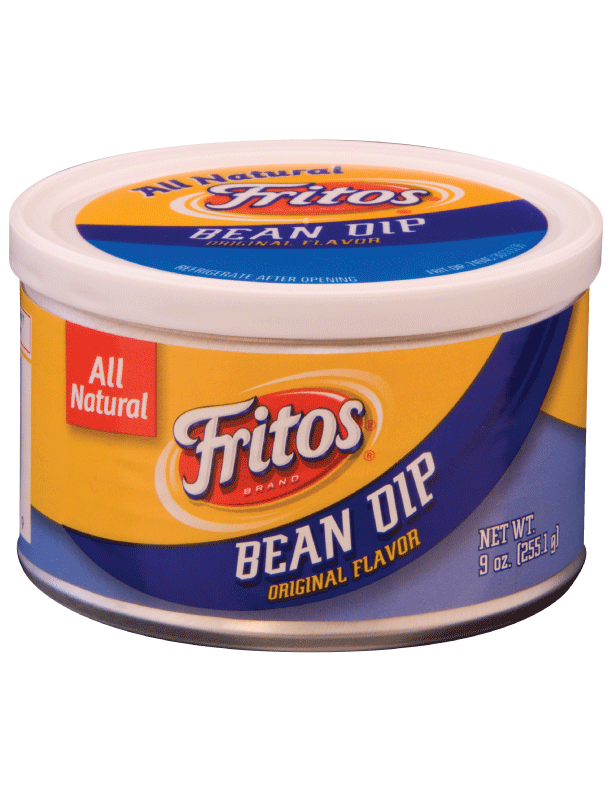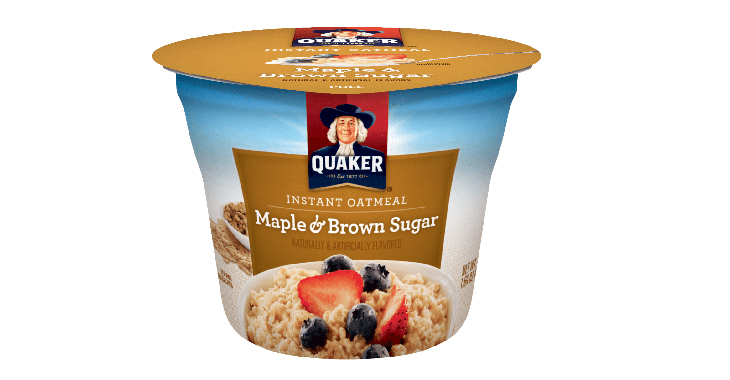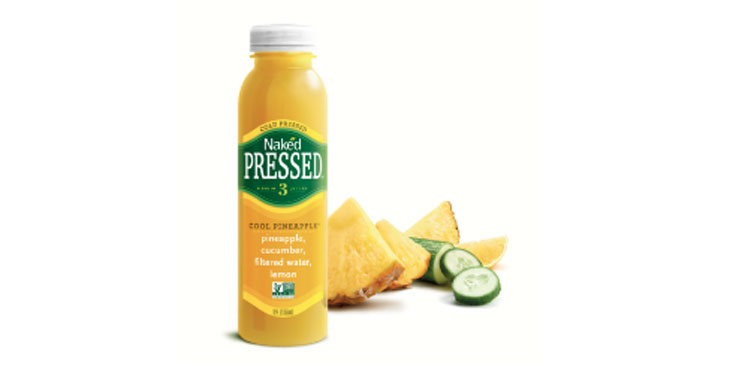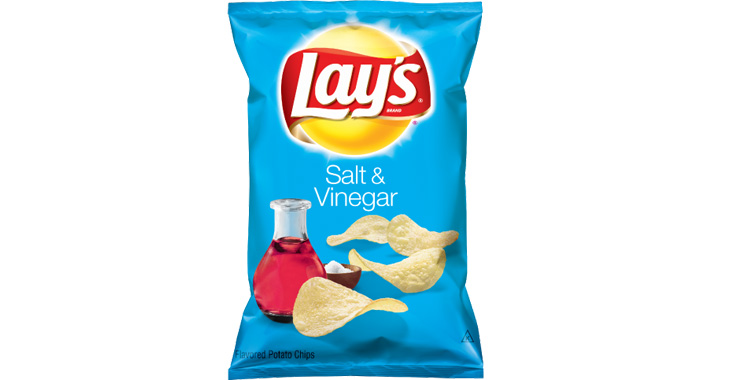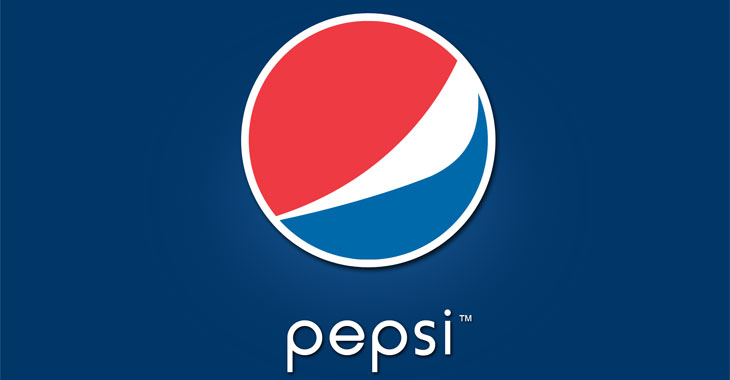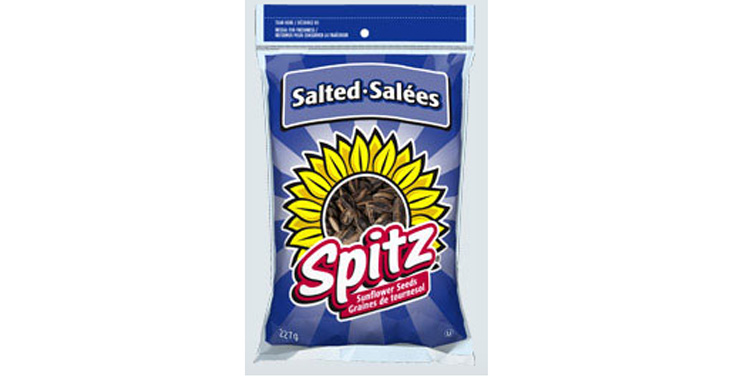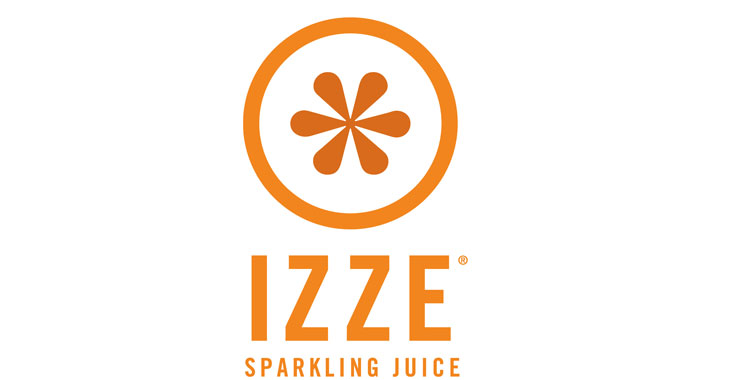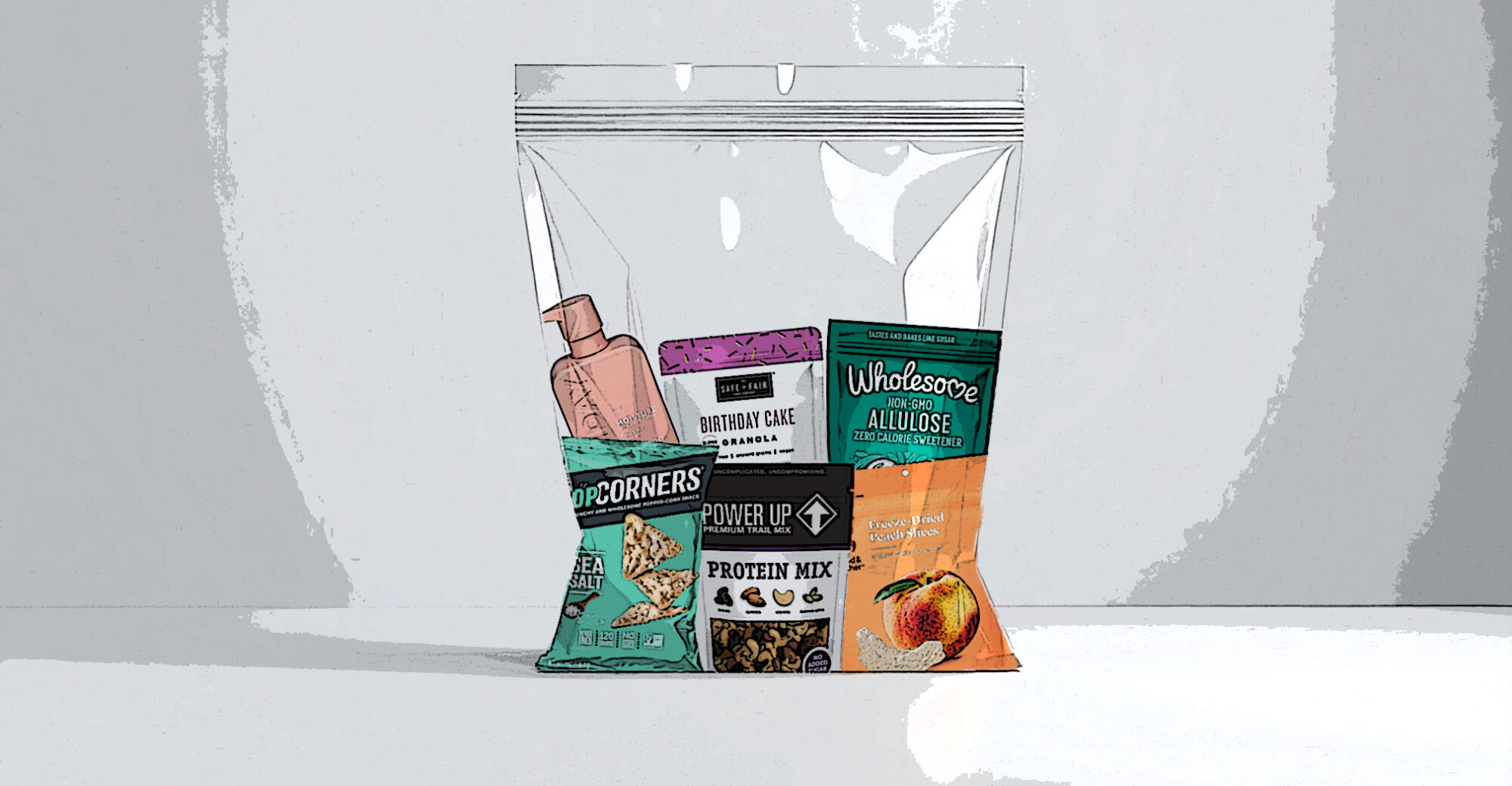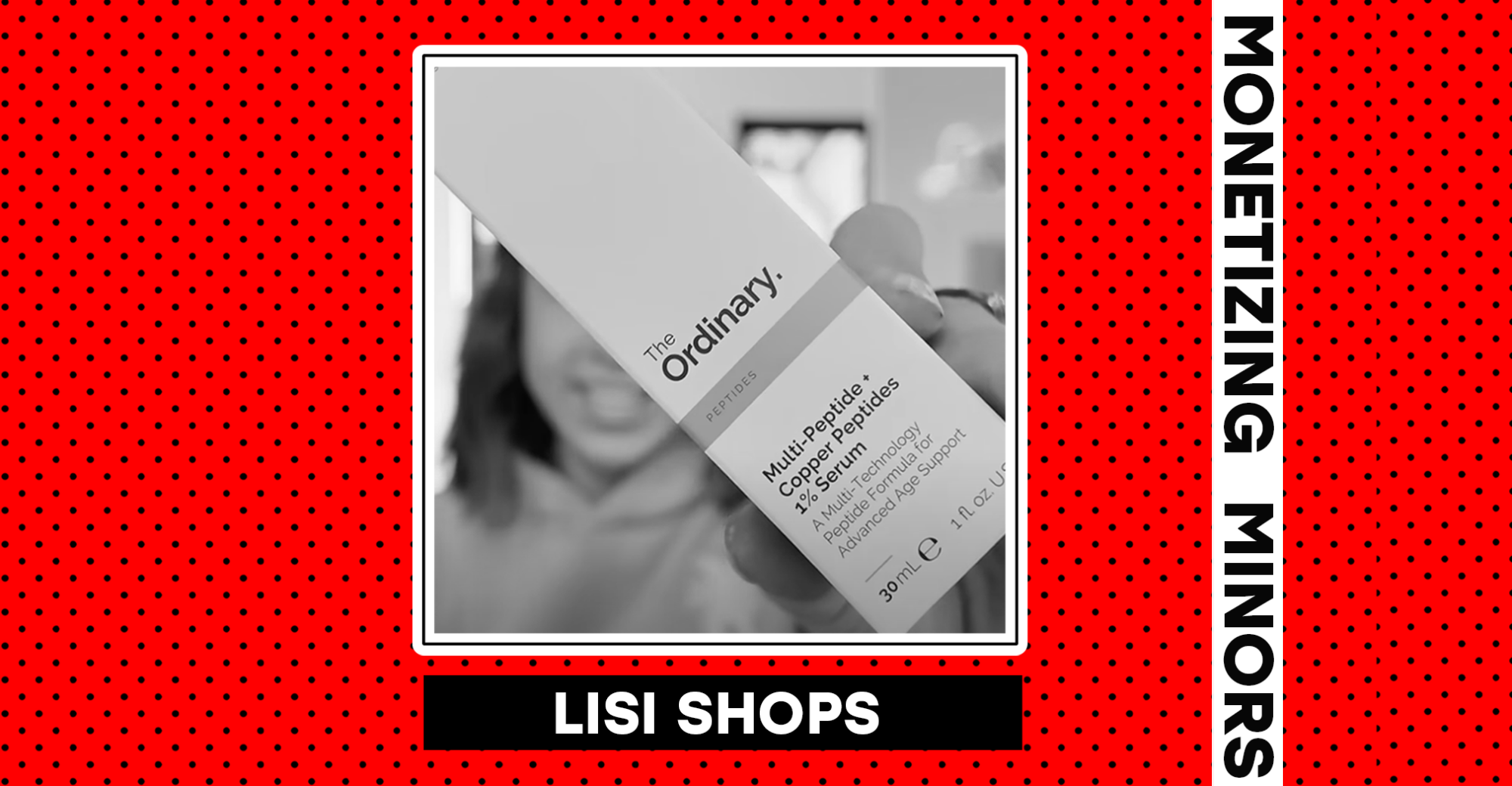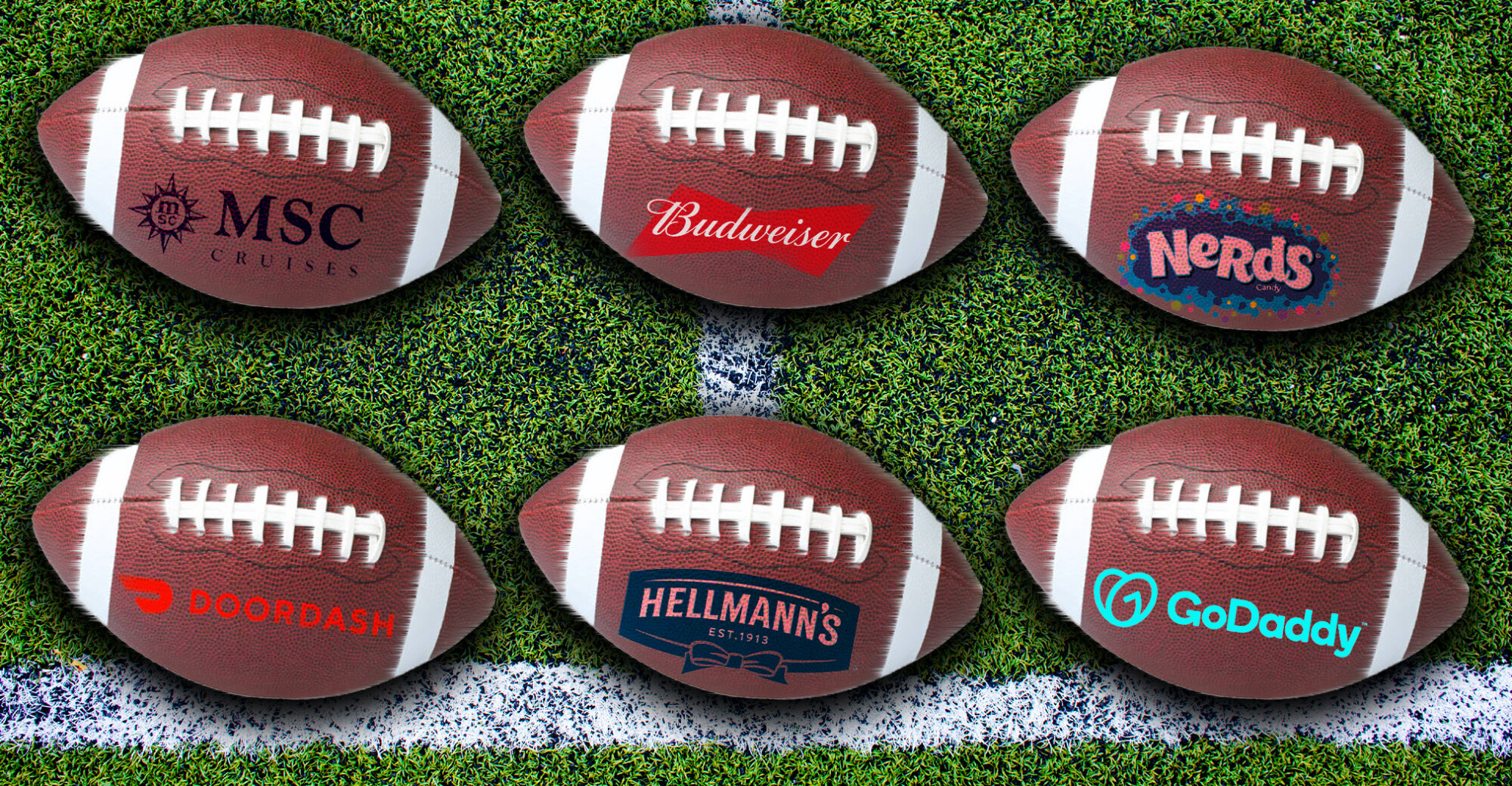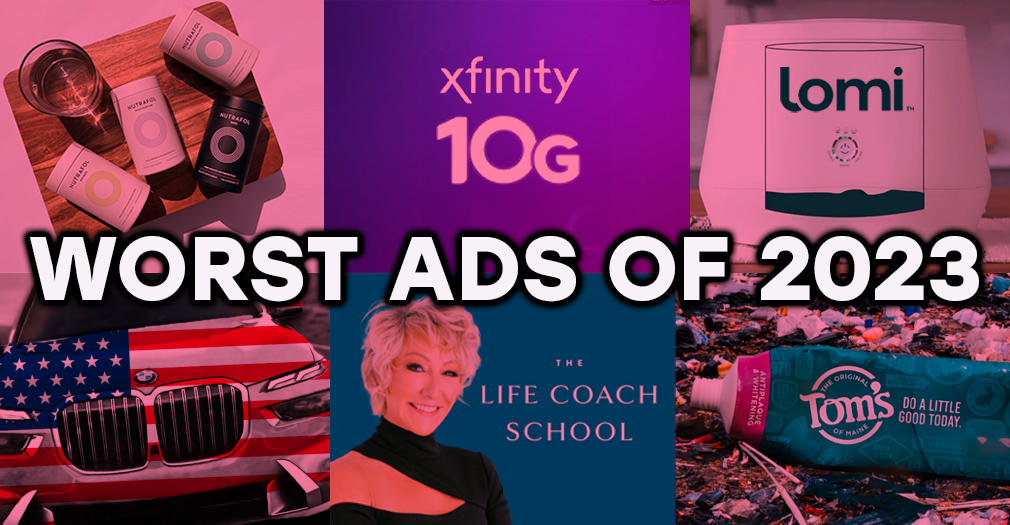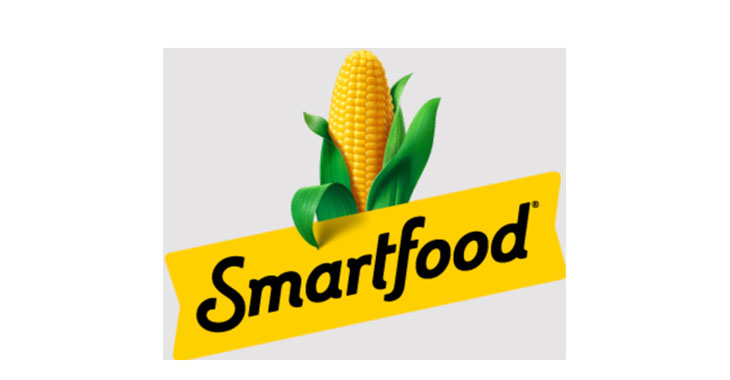
Smartfood
Allegations: Falsely advertising products as containing no artificial flavors or preservatives
March 2018: A federal judge dismissed the claims relating to Pepsi’s carbonated soft drinks When a complaint is dismissed without prejudice, an amended version of the complaint can be refiled. concluding that the complaint did not adequately allege reliance (i.e., that plaintiffs relied on the alleged misleading marketing in making their purchasing decisions). The judge also found that a reasonable consumer would not be deceived by the labels.
December 2017: The Maxwell action was stayed pending the FDA’s decision regarding the use of the word “natural.”
December 2016: A federal judge ordered that the Maxwell and Cruz-Acevedo actions are related.
September 2016: The Cruz-Acevedo action was transferred to a California court where a similar lawsuit regarding Lipton tea products, Maxwell v. Unilever, is pending. According to the Maxwell action, the marketing for tea products misleadingly claims that teas provide various health benefits and are natural. To learn more about the allegations, click here to read the complaint. (Maxwell et al v. Unilever, Case No. 12-cv-1736, N.D. Cal.)
June 2015: The Laboon action was voluntarily dismissed When a complaint is dismissed with prejudice, it cannot be refiled., the reasons for which have not been disclosed.
April 2015 – August 2015: Three class-action lawsuits were filed against Unilever and PepsiCo for allegedly falsely advertising Pure Leaf Iced Tea as “All Natural” when it actually contains unnatural ingredients. To read each complaint, click on the case information below.
For more information about other class-action lawsuits regarding natural claims and TINA.org’s coverage of the issue, click here.
Allegations: Falsely advertising products as containing no artificial flavors or preservatives
Allegations: Falsely marketing products as “100% Whole Grain”
Allegations: Falsely advertising products as containing “No Artificial Flavors”
Allegations: Falsely marketing that products contain “No Artificial Preservatives”
Allegations: Falsely marketing products as containing natural ingredients and no artificial or preservative ingredients
Allegations: Deceptively using slack-filled packaging that is more than half empty
Allegations: Failing to disclose that products contain, or are at risk of containing, salmonella
Allegations: Falsely marketing products as “Brewed in USA”
Allegations: Falsely marketing products as containing no artificial flavors or preservatives
Allegations: Failing to disclose that products contain a dangerous pesticide
Allegations: Marketing products as high quality and beneficial to health without disclosing that they contain, or are at risk of containing, a harmful bacteria
Allegations: Falsely marketing juices as containing “no preservatives”
Allegations: Misleadingly marketing products as “100% Juice Blend[s]” that contain “No Preservatives”
Allegations: Misleadingly representing that cocoa has been harvested following ethical and environmentally responsible standards
Allegations: Misleadingly marketing beverages as “Real Healthy Hydration,” having “No Sugar Added,” and being an “Excellent Source of Vitamin A & C” without meeting the FDA’s requirements to make such…
Allegations: Falsely marketing products as if the only ingredients are the ones shown on the front label
Allegations: Falsely advertising products as having “No Artificial Preservatives”
Allegations: Misleadingly marketing that lime is a flavoring ingredient in the chips when the ingredients list reveals the chips do not contain any limes and the flavor comes from unspecified…
Allegations: Misleadingly marketing that sour cream is a flavoring ingredient when the sour cream flavor comes from an artificial ingredient
Lawsuits aren’t giving any slack when it comes to underfilled packages.
What’s this kidfluencer doing promoting a “youth cream”?
Companies should not be able to trap consumers into subscriptions that they do not want.
Six big game marketers that have been accused of fumbling ad claims.
Some of the worst ads TINA.org covered this year.
